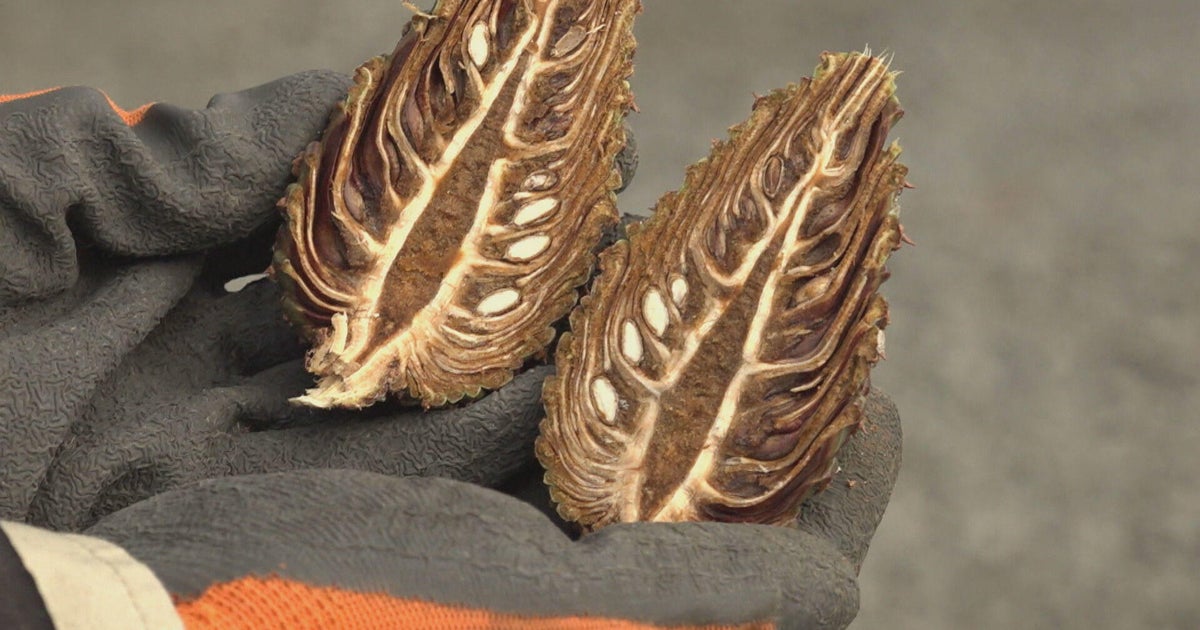SpaceX is about to launch a critical test flight for NASA
The last time NASA astronauts flew to the International Space Station on an American spacecraft was nearly eight years ago. Since then, NASA has relied on Russia for rides. That could soon change.
On Saturday morning, SpaceX will launch its new spaceship on a critical test flight, marking the first time a commercially built and operated spaceship, capable one day of carrying people, will travel to the space station.
CBS News correspondent Mark Strassmann got unusual access to the launch pad where the SpaceX Falcon 9 rocket will blast off from Saturday. At the very top of the spaceship is what the demonstration flight is all about: the Crew Dragon capsule. Even though no one will be riding this rocket, Elon Musk's company has everything riding on the success of this mission.
NASA astronauts Bob Behnken and Doug Hurley, both space shuttle veterans, will be the first astronauts to climb aboard a Falcon 9 rocket and into SpaceX's new ship, called "Crew Dragon." Falcon 9 is the company workhorse, launching 20 times last year, but Crew Dragon needs a successful test flight before SpaceX can fly people.
The goal is prove it can safely dock and undock from the space station, re-enter the earth's atmosphere, and splash down off the Florida coast.
"The only way to really demonstrate it is to fly it and prove it. You know, I'm from St. Louis, Missouri. It's the 'Show Me' state and having those successes under your belt goes a long way to giving confidence," Behnken said.
Once the space shuttle program ended in 2011, NASA has had one option to get to the space station: hitch a ride with the Russians. A round-trip ticket on a Soyuz rocket costs $81 million per seat. That is now changing. NASA has hired two companies – SpaceX and Boeing – to design and build new space taxis.
NASA Administrator Jim Bridenstine told Strassmann in an interview in November, "Great nations should be able to launch their own astronauts into space."
Both companies have learned space is hard and both are running more than two years behind schedule. With neither yet certified to fly people, NASA is considering buying two more Soyuz seats to guarantee continued American access to the space station.
Asked last year if he's concerned about those delays, Bridenstine said, "We don't like delays. But worse than a delay is launching something that's not ready. … Mission success and safety is the number one overriding concern. And we're not going to do anything to put these crew in jeopardy. There is no cost or schedule pressure here whatsoever."
Inside the Crew Dragon, SpaceX will send up a dummy nicknamed Ripley — a smart dummy equipped with sensors to gauge the impact of the flight.
Boeing plans to have its version of this launch demonstration next month when it sends up its spaceship called Starliner.



